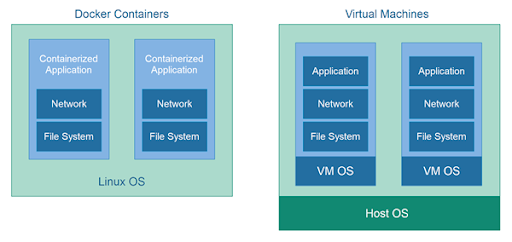AWS Elastic Container Service

Amazon’s Elastic Container Service
This article is basically for a beginner who wants to know container service using AWS.
Docker
If you want to learn Container service You must first understand Docker.
Docker is a client-server application that can be installed on Linux, Windows, and macOS and can run Docker containers. Containers are lightweight environments that contain everything you need to run a specific application or part of an application. You can run multiple different containers on a single machine, as long as the Docker software is installed.
If you want to learn docker just see that images

Give your team a consistent development environment by using the Docker container to abstract software, operating system, and hardware configurations into standard building blocks that can be run on any computer.
By running the production code in a specified Docker container, you can ensure that your development environment is exactly the same as your production environment.
As applications grow, managing the placement, structure, scheduling, and scaling of these containers can quickly become very complex. This is the emergence of "container management services." It is designed to allow simple configuration options and handle heavy work when returning to create an application.
An intro to Amazon ECS
Amazon Elastic Container Service (ECS) is
…a highly scalable, fast, container management service that makes it easy to run, stop, and manage Docker containers on a cluster.
ECS runs containers on a cluster of Amazon EC2 (Elastic Compute Cloud) virtual machines with Docker pre-installed. It processes installation containers, extends APIs, and extends, monitors, and manages these instances via the AWS Management Console.
This makes it easy to view EC2 instances in resource pools such as CPU and memory. Maintenance of specific instances of container execution and all instances are handled by the platform. You do not have to think about it.
Terms and architecture :
Provide some imaginative background for the definitions we see. Suppose you are building an application that runs on two Docker containers: one for the main application and one for managing metrics. Both are required for the application to function as expected.
Task Definition, Task, and Service, and
Cluster, ECS Container Instance, and ECS Container Agent
Conclusion :
We have seen how Dockerized applications are represented by task definitions that have a one-to-one relationship with services. Service definitions use services to create various task instances.
Relevant Blogs:
Recent Comments
No comments
Leave a Comment
We will be happy to hear what you think about this post